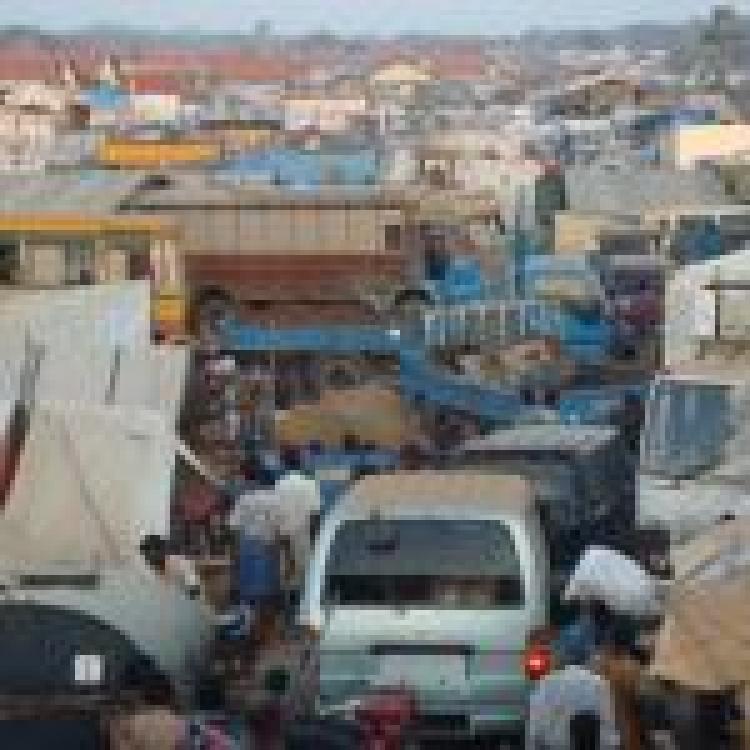Human Rights Watch (HRW) told the Sri Lankan government to "stop stalling and fulfill its obligation to investigate and prosecute the grave violations for which many people still suffer" in a statement marking 14 years since the Tamil genocide.
"Fourteen years later, the Sri Lankan government remains in denial about the atrocities committed by its forces. The Mothers of the Disappeared, a group that has persistently sought to learn the fate of their loved ones, face harassment from security agencies, while the government provides neither information nor justice," the rights group wrote.
In their statement, HRW also highlighted that some Sri Lankan officials implicated in war crimes "remain politically powerful or hold senior positions in the Sri Lankan military."
Sri Lanka has repeatedly reneged on its commitments to investigate war crimes committed by the state. In 2020, Sri Lanka withdrew it's co-sponsorship of UN Resolution 30/1 and instead claimed that it would use domestic mechanisms to provide justice and accountability. However, 14 years later, no one has been held accountable for the massacre at Mullivaikkal.
In the absence of Sri Lanka's willingness to investigate the atrocities it committed during the armed conflict, HRW urged the international community to work with the UN accountability project "to vigorously pursue justice abroad."
Read their full statement here.

